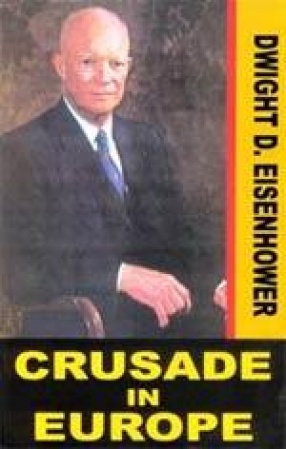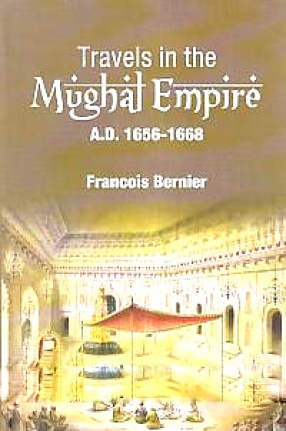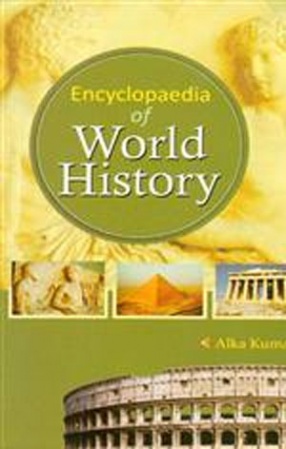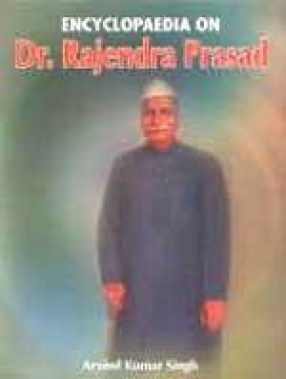This book is an exciting and intriguing memoir. As commander of the European Theater of Operations, Eisenhower Knew firsthand what he was up against, and he shares his feelings here. His personal accounts of military tactics; his reaction to victory and defeat on the battlefield; his political dealing with other allied commanders and politicos; and his political dealing with other allied commanders and politicos; and his relationship with his own staff-including the colorful and controversial George S. Patton are just some of the areas the reader is exposed to in this comprehensive work. There is also D-Day, the African campaign, the invasion of Italy, and the brutal battles in the Ardennes. Eisenhower also discusses the problems of command, the logistics of war, and also, and more interestingly, the personalities behind some of the momentous events of the 20th Century.
Crusade in Europe
$25.20
$28.00
In stock
Free & Quick Delivery Worldwide
All orders amounting to US$ 50 or more qualify for Free Delivery Worldwide. For orders less than US$ 50, we offer Standard Delivery at $14 per book.
ABOUT THE AUTHOR Dwight D. Eisenhower
Born in Texas in 1890, brought up in Abilene, Kansas, Eisenhower was the third of seven sons. He excelled in sport in high school, and received an appointment to West Point. Stationed in Texas as a second lieutenant, he met mamie Geneva Doud, whom he married in 1916. In his early Army career, he excelled in staff assignment, serving under General John J Pershing, Douglas Mac Arthur, and Walter Krueger. After Pearl Harbor, General George C. Marshall called him to Washington for a war plans assignment. He commanded the Allied Forces landing in North Africa in November 1942; on D-Day, 1944, he was Supreme Commander of the troops invading France. After the War, he became President of Columbia University, then took leave to assume supreme command over the new NATO forces being assembled in 1951. Republican emissaries to his headquarters near Paris persuaded him to run for President in 1952. Eisenhower won a sweeping victory. In November 1956, he was elected for his second term. Eisenhower concentrated on maintaining world peace. He watched with pleasure the development of his "atoms for peace" program-the loan of American uranium to "have not" nations for peaceful purposes. Before he left office in January 1961, for his farm in Gettysburg, he urged the necessity of maintaining an adequate military strength, but cautioned that vast, long-continued military expenditures could breed potential dangers to our way of life. He concluded with a prayer for peace" in the goodness of time." Both themes remained timely and urgent when he died, after a long illness, on March 28, 1969.
reviews
0 in total
Review by Anonymous
Be the first to review “Crusade in Europe” Cancel reply
You must be logged in to post a review.
Bibliographic information
Title
Crusade in Europe
Author
Edition
1st ed.
Publisher
ISBN
8181580710
Length
vii+582p., Maps; Glossary; Appendices; Index; 23cm.
Subjects
similar bookssee more
Encyclopaedia of World History (In 7 Volumes)
$342.00
$380.00





There are no reviews yet.